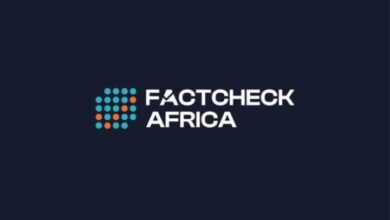Global Media and Information Literacy Week 2024: Navigating the New Digital Frontiers of Information
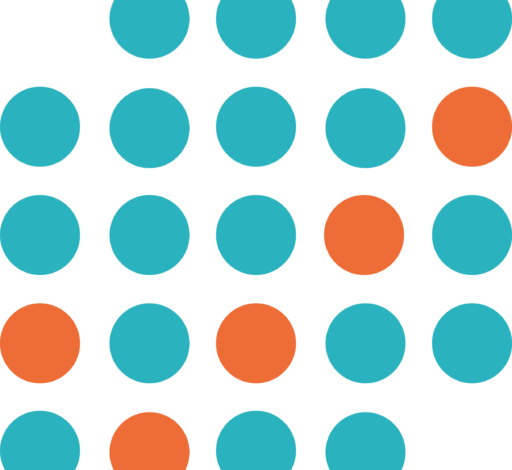
BY: Mustapha Lawal
In today’s evolving digital landscape, the production and dissemination of information have undergone a profound transformation. From Generative Artificial Intelligence (AI) to a new wave of digital content creators, the way public-interest information is shared has changed dramatically. This shift presents both remarkable opportunities and substantial risks, particularly in the fight against misinformation and disinformation.
As part of UNESCO’s Global Media and Information Literacy (MIL) Week 2024, themed “The new digital frontiers of information: Media and Information Literacy for public-interest information,” this year’s focus is on the impact of emerging technologies on public-interest information and the skills needed to navigate these complexities. With the rise of AI-generated content and influencers shaping narratives online, the challenge lies in ensuring that the public can engage with accurate, credible information that serves the public interest.
FactCheckAfrica, as a fact-checking arm of the Brain Builders Youth Development Initiative (BBYDI), is dedicated to combating misinformation, safeguarding digital rights and promoting critical thinking by producing fact-check reports around electoral activities, governance accountability, climate issues, and conflicts in Africa, and fostering media and information literacy. In an era where AI-generated misinformation can spread faster than ever, our work aligns perfectly with the theme of this year’s Global MIL Week.
We operate at the intersection of media literacy and information verification, offering the public the tools (MyAIFactChecker, Africa first AI-powered fact-checking tool) they need to critically assess the information they consume. Our fact-checking reports aim to counter misinformation by providing accurate, well-researched facts, empowering individuals to make informed decisions.
Generative AI: A Double-Edged Sword
Generative AI, while a powerful tool for creating content, has also become a double-edged sword in the process of information dissemination. On the one hand, it can be harnessed to produce high-quality content efficiently, enhancing public access to vital information. However, it also has the potential to generate false narratives, intentionally or unintentionally, by producing deepfakes or AI-generated misinformation that can deceive even discerning audiences.
For instance, deepfake videos and AI-generated news articles can create the illusion of authenticity, making it increasingly difficult for individuals to distinguish between real and fabricated content. FactCheckAfrica, through its fact-checking initiatives, remains vigilant in identifying and debunking AI-generated disinformation, ensuring that African citizens have access to verified and credible information.

Empowering Digital Users with Critical Skills
The theme of Global MIL Week 2024 also underscores the importance of empowering users with skills to critically engage with online content. As more people turn to digital platforms for their news and information, it is essential that users are equipped to identify and assess public-interest information, especially in an era where AI-generated content can be easily manipulated.
At FactCheckAfrica, we actively promote media and information literacy through our educational outreach programs, particularly in marginalized communities. These programs focus on teaching individuals how to assess the credibility of information sources, recognize misinformation, and use fact-checking tools to verify the authenticity of content they encounter online.
To commemorate Global Media and Information Literacy Week 2024, FactCheckAfrica has organized a series of activities that align with this year’s theme:
1. Webinar for Stakeholders:
We will host a webinar aimed at media professionals, educators, and civil society organizations, exploring the transformative impact of Generative AI and the role of media literacy in safeguarding public-interest information.
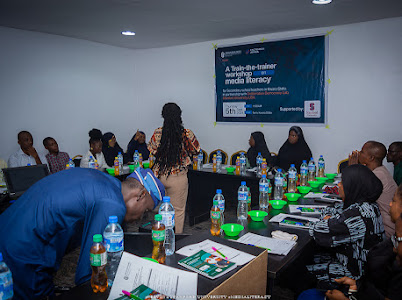
Twitter Space for Professionals:
2. A Twitter Space discussion will bring together renowned journalists, fact-checkers and media experts to discuss the challenges posed by AI-generated content and strategies for promoting public-interest information in the digital age.
3. Grassroots Engagements in Marginalized Communities:
FactCheckAfrica will continue its community outreach programs, conducting media literacy workshops to teach citizens how to identify misinformation, particularly in the context of emerging technologies like AI.
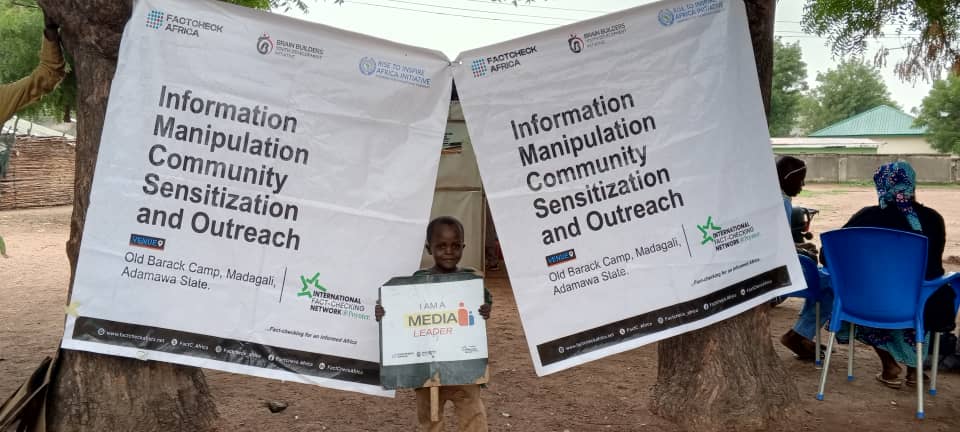
3. School Engagements:
Our team will engage with students through interactive media literacy sessions, focusing on critical thinking and responsible digital citizenship in the age of AI-generated content.
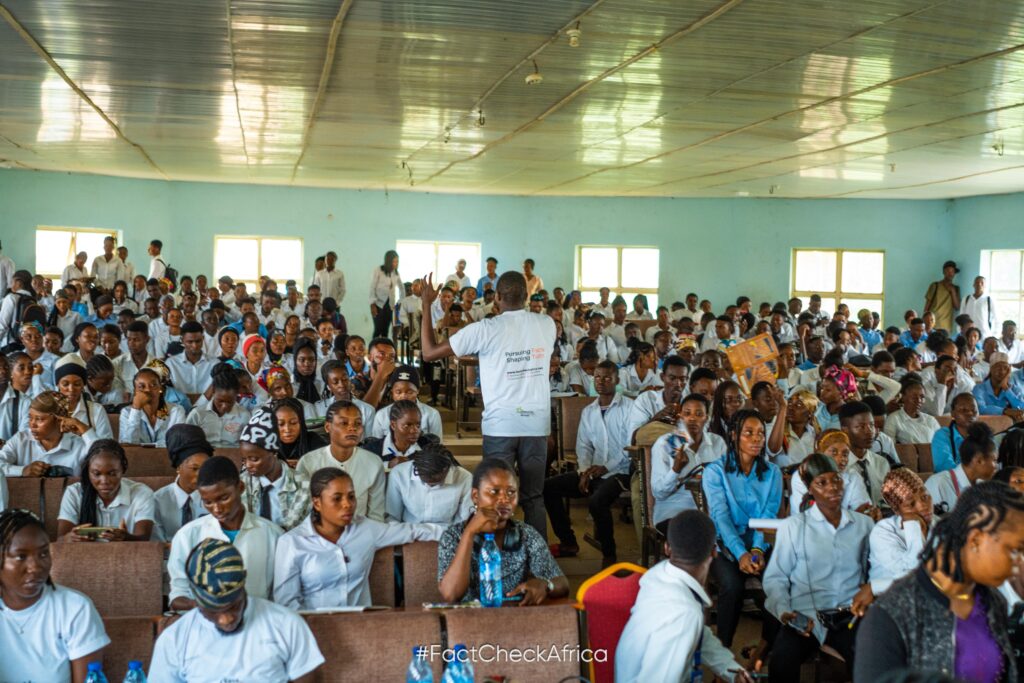
As we celebrate Global Media and Information Literacy Week 2024, it is clear that the new digital frontiers of information require a collective effort to ensure that public-interest information remains at the forefront. FactCheckAfrica’s commitment to fact-checking, media literacy, and public education positions us as a key player in this global movement. By empowering citizens to critically engage with digital content, we aim to foster a well-informed, inclusive society capable of navigating the challenges and opportunities posed by emerging technologies.
For more information on FactCheckAfrica’s activities during Global MIL Week 2024, follow us on social media or visit our website at http://factcheckafrica.net



